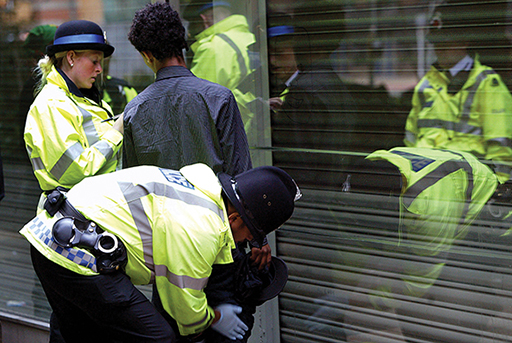3 PCSO powers – to search and seize
Whilst PCSOs do not have the power to stop and search individuals, which is restricted to police officers only, they do have limited powers to search persons and premises and seize articles. This can vary between forces. Though the search powers of PCSOs are limited, the way in which search and seizure procedures are carried out must be lawful, in accordance with the Police and Criminal Evidence Act 1984 (PACE) and the codes of practice (specifically Code A).
There are several police powers and procedures that tend to divide opinion within communities and the media. One such power is stop and search, which has proved contentious for decades and remains so today. There has been much criticism of the use of stop and search powers by the police, centring on the use and misuse of this power; particularly in respect to individuals from Black and minority ethnic groups (Bowling, Parmar and Phillips, 2011).

